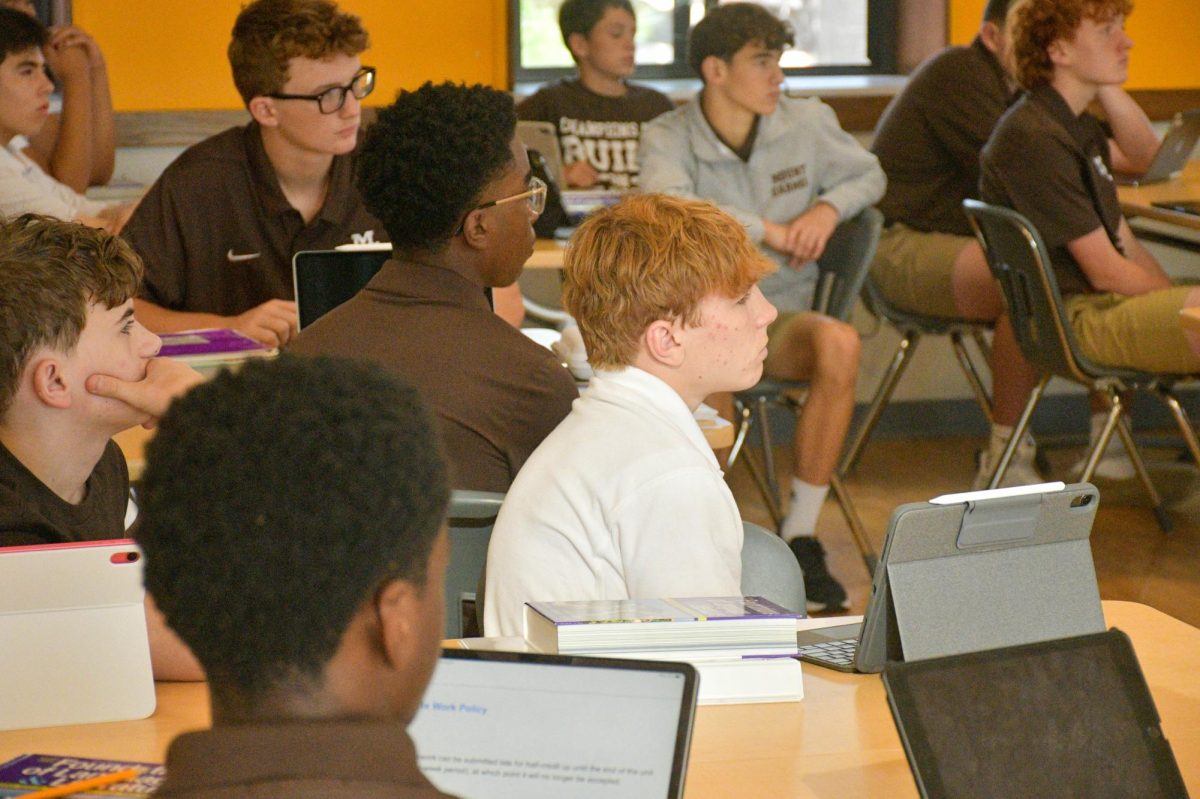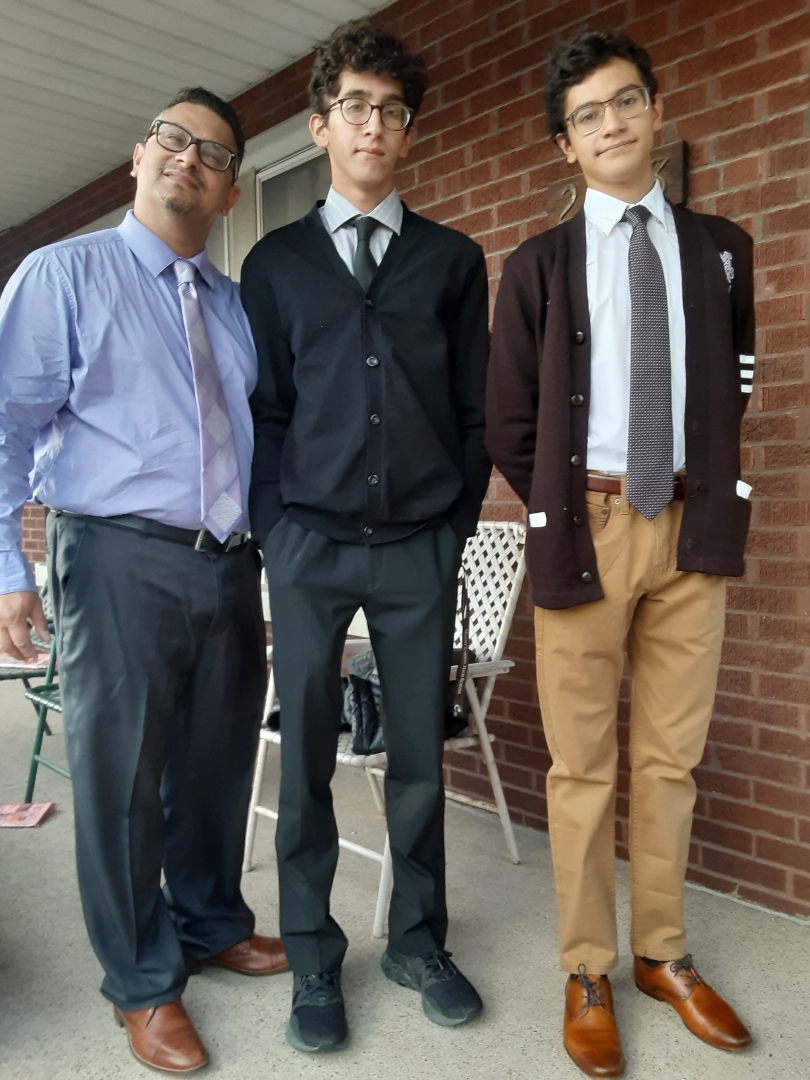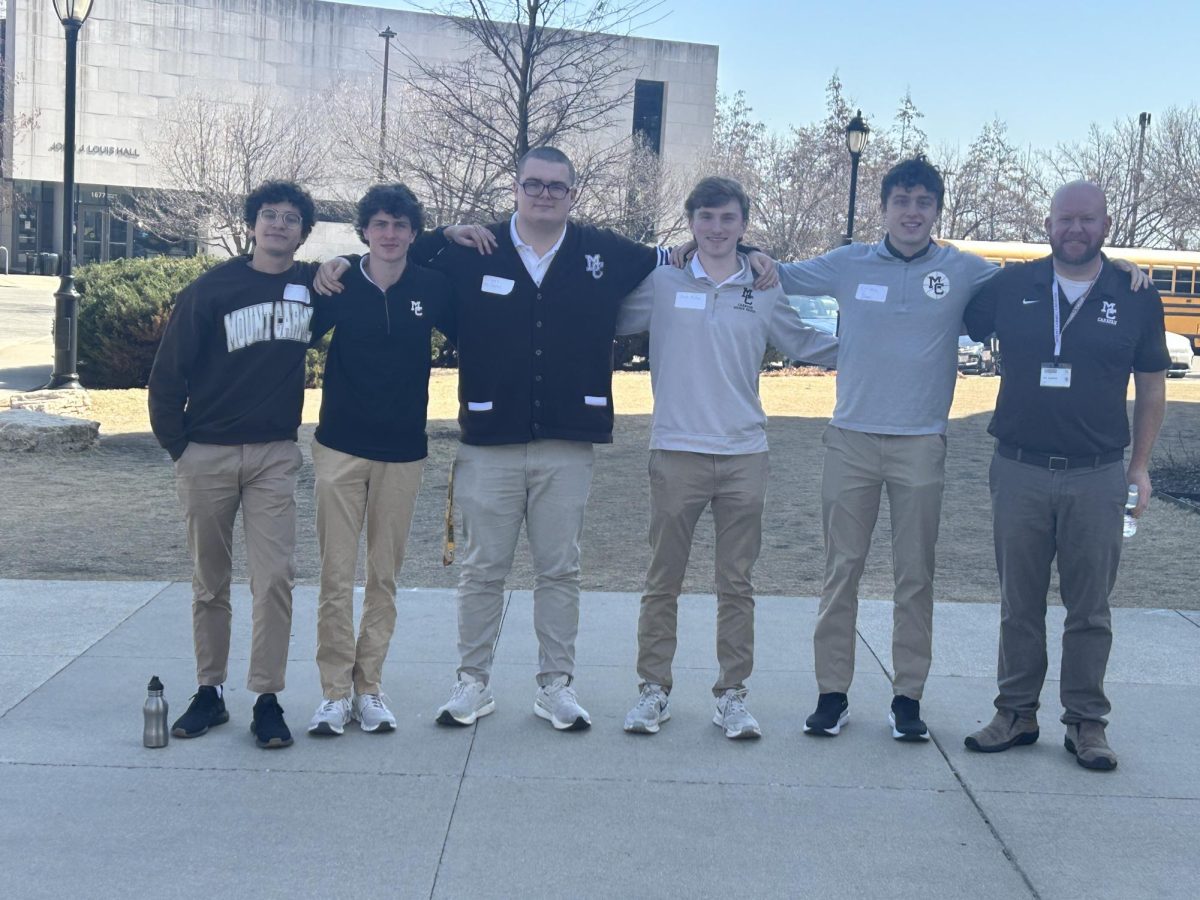Most students have the opportunity to take at least one AP class during their time at Mount Carmel. However, students often have trouble getting credit for their AP class because of the difficulty of the exam or their college of choice not accepting AP scores.
In order to help students get more guaranteed college credit, the school should implement a dual credit program, which allows students to take college-level courses at their high school that count both towards their high school GPA and college credit hours.
In order for this to happen, the school would have to partner with a college system, like the City Colleges of Chicago. The City College system already provides free dual credit opportunities to several CPS High Schools.
There are many benefits of this addition. A dual credit program would allow students to learn more of the content in a class, let students find more opportunities once they are in college, and attract potential MC families.
Compared to AP classes, dual credit classes give students a more engaging learning experience.
“It would give me more of an opportunity to surround myself with the entire subject, rather than having to worry about passing a test at the end of the year,” senior Marty Mann said. “[I didn’t like] having to worry about what the test is going to be like, and how I gotta get better at multiple choice questions or free response questions.”
Mann, who is ranked third in his class for GPA, thinks the AP exams are not a good reflection of his abilities in those classes.
“I think I went over the top with preparing for it,” he said about his first AP exam. “And then, I ended up getting a three. [In general], I’m really not satisfied because I haven’t really scored as well as I wanted to.
Mann isn’t the only senior who feels this way.
“I feel like I’m just writing to whatever the exam is looking for,” said Ryan Clark.
He likes the idea of a bigger focus on the actual class material in a dual credit class.
“I think they definitely have more use and versatility,” he said. “I wish I used them more than I [had the opportunity to].”
Students shared the notion that a dual credit class without a huge focus on an end of the year exam would help them actually retain the material better, especially compared to an AP class.
In addition to focusing on the content more, dual credit will help students with their college experience.
Even if a student receives a high score on an AP exam, it can still be hard to transfer that credit over to college.
“The AP tests, even if I have a five or a four, don’t necessarily help me,” said Clark. “They definitely don’t grant me college credit in nine out of my ten schools I’m applying to.”
These scores especially don’t transfer well for specialized majors.
“For engineering, I’m going to have to take four years of math,” Clark said. “So even if I add a five on physics, they’re not gonna take that.”
However, as long as a student passes their dual credit class, they will likely be able to transfer the credit over to college. More credit coming out of high school helps with the financial burdens of college.
“This is huge as a freshman in college,” Clark said. “Those credit hours could help a lot in my pocket. They can be the difference for a few thousand dollars even for my family, which could help cover my room and board.”
Substantial time can be taken away from getting the degree.
“Instead of having to pay for four years of tuition, some families end up only paying three years just from racking up that college credit,” Mann explained. “It can help a lot.”
Not only do the extra credit hours help with financial issues, but they also allow students to pursue different pathways in college.
“I was able to get a minor in Spanish, which would [have normally] been hard to fit into my schedule If I didn’t have those credits already taken,” said Alexandra Dimas, who is currently a senior at Loras College.
Dimas is very happy that she took dual credit classes at the Chicago High School for Agricultural Sciences, as she was able to graduate with 15 credit hours, some of them coming from those classes.
“Most of the kids in my class were able to use those credits going into college,” she said. “I think that it’s a great idea to have at any high school, and it just gives students more opportunities to use those credits when maybe, if they only had the option to take an AP course, that wouldn’t be the case.”
The credits gained through dual credit give any student a head start on their college experience, but perhaps the most important thing that dual credit classes could do for MC would be to attract more prospective students and families.
A strong partnership with a system such as the City Colleges of Chicago could go a long way at 64th and Dante. The zeal for learning would be lived out through dual credit, as students would be able to take their AP classes one step further and apply college credit towards better pathways in college. This partnership would also ultimately showcase the school as an even better choice for those fringe students looking for where their next four years should be spent.
“Private schools do not offer these things often in this area,” Clark said. “I’m not saying our enrollment would go up 200 kids when we do this, but I think this would really reinforce [our valuing of academics] and make people think about it.”








